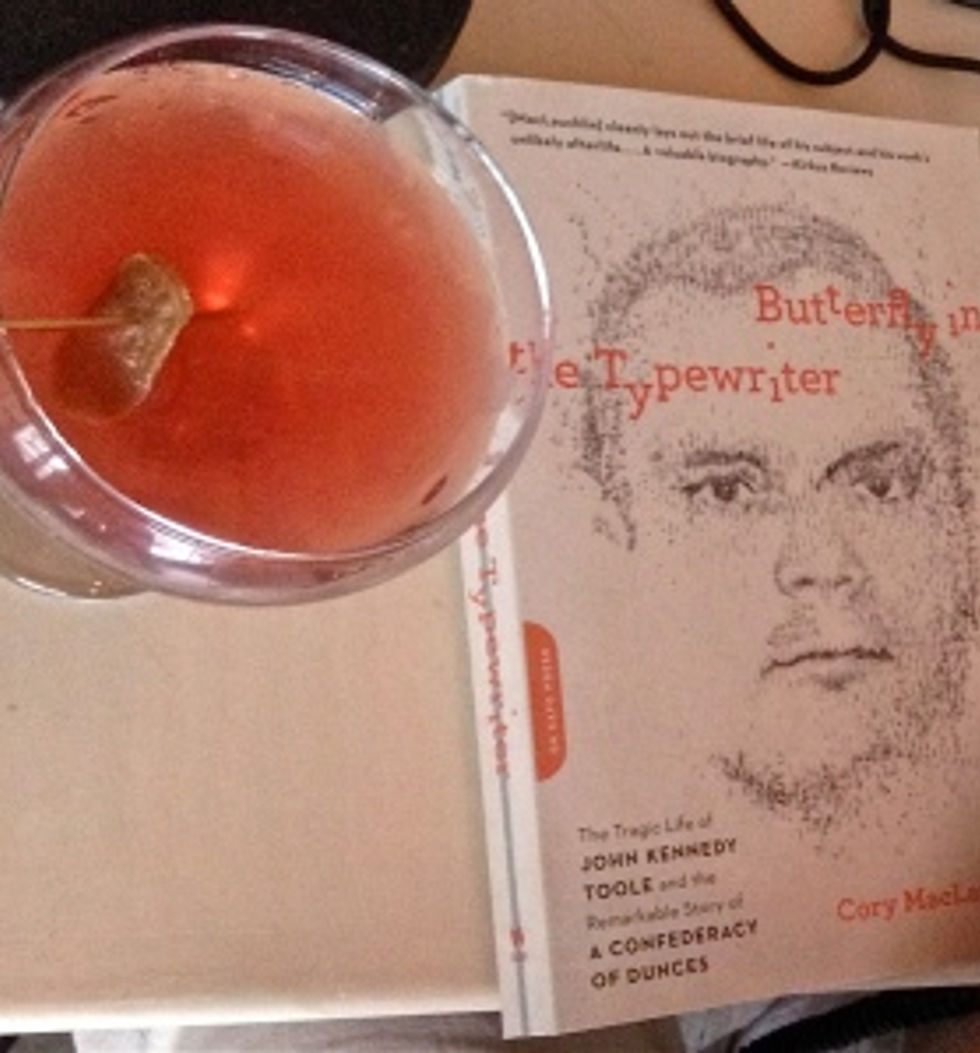An Endless Parade of Poorly Trained Acrobats
- cmaclauchlin
- Feb 5, 2012
- 2 min read

Photo credit: Flickr user Steve Voght
With the election year gaining steam I am noticing an increasing use of the popular phrase “confederacy of dunces.” In titling his book Toole was inspired by this Jonathan Swift quote:
“When a true genius appears in the world, you may know him by this sign, that the dunces are all in confederacy against him.”
From Republicans to Democrats, from Supreme Court justices to pundits sitting around tables exchanging platitudes–people love to wittily place the label “a confederacy of dunces” on groups they deem ridiculous. “What confederacy of dunces upholds that corporations are people?” they say. Or–“Spend more money when we already have record high deficits!—what confederacy of dunces came up with that idea?” So on and so on.
Toole would love to know that the title of his book has been adopted into our vernacular–Swift too, I suspect. But there is often an aspect of this phrase that people overlook when using it. A Confederacy of Dunces is not about dunces and geniuses. In fact a genius never really appears in the novel. While Ignatius believes he is a genius surrounded by dunces, we know he is as ridiculous as every other character, if not more so.
I know, I know…some who are familiar with Toole’s life will say—Don’t you get it? Toole was the genius and those dunces in New York City that rejected his novel were in confederacy against him! Well that part of the story is fraught with errors that I address in Butterfly, but most importantly one must remember Toole did not focus on his own sense of dejection as he wrote the novel. In fact he was absolutely convinced a New York house would publish his book. And when Robert Gottlieb first wrote him praising it, he certainly didn’t imagine it would all end the way it did. Perhaps his title was eerily prophetic for what ultimately happened, but he did not intend it to be that way.
Besides, Toole’s satire is far more complex and far more profound than a way of saying the rare genius suffers conspiring idiots. In fact, Toole’s novel operates on the principle that despite all the divisions we make out of society, rich or poor, black or white, genius or dunce, we are all deeply interconnected. While we may differentiate ourselves in a variety of ways, convinced in the stability of our convictions, eventually the delusions of these divisions will succumb to the inescapable tethers that bind us together. No matter how far we push away from each other, inevitably the strings contract and fling us back onto each other. Politicians point their fingers at their opponents and one race points fingers at the stereotypes of another race, but eventually they will all collide in absurd ways. Its awkward, and tragic, and funny all at once.
That’s not to say Toole was making a political statement or suggesting a pathway to overcome differences and achieve a more harmonious society. We will always try to separate, divide, distinguish and then at a tipping point tumble back together like an endless parade of poorly trained acrobats.
And for Toole the true genius is not the one that identifies the confederacies of dunces around him, but rather the person that claims neither genius nor dunce, and laughs at it all as he tumbles about in the absurd parade.



Comments